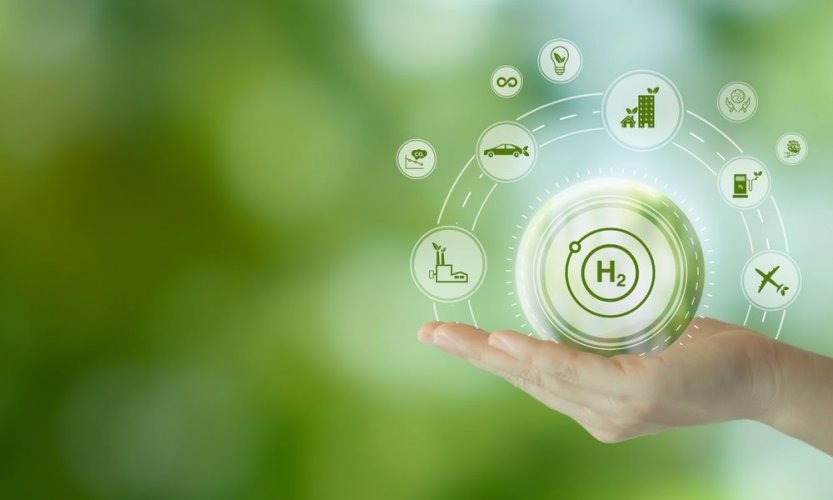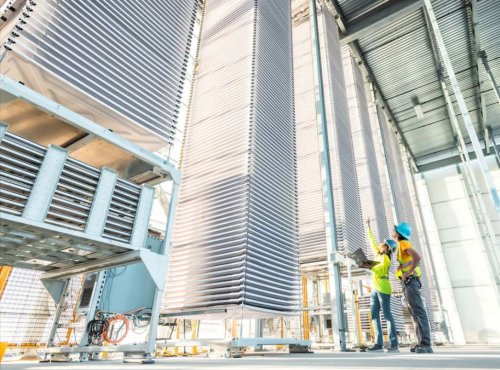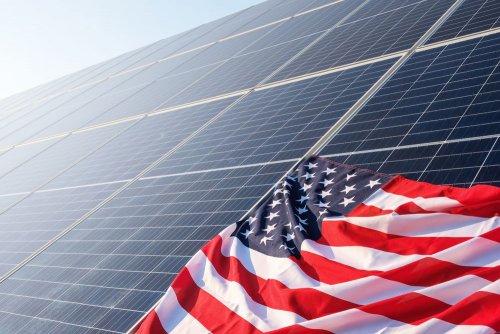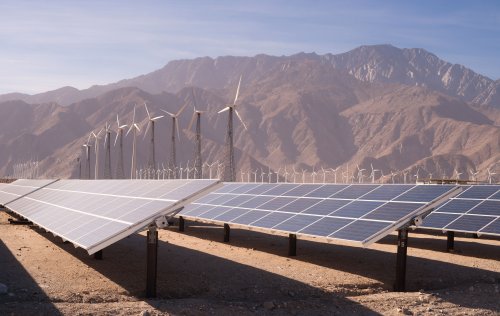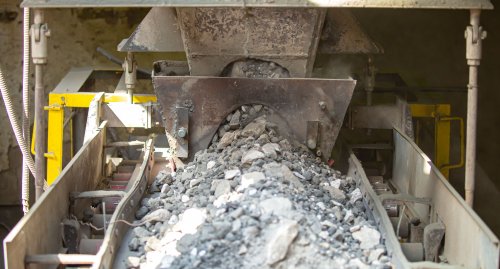In the Netherlands, HyCC plans to build a 20 MW green hydrogen production plant called Djewels.
The plant will work on the innovative Augmented McLyzer technology with a higher current density, which will ensure the flexibility of production on a smaller area, the press service of HyCC reports.
It is noted that the final investment decision on the HyCC project is planned to be made by the end of 2023.
The message emphasized that Djewels will be a state-of-the-art electrolysis plant located in the city of Delfzeil. It will be able to produce up to 3,000 tons of green hydrogen per year. This hydrogen can be used by OCI Methanol Europe to produce renewable methanol, which will reduce annual carbon emissions by 27,000 tons per year.
The press service said that the Djewels project will support plans to expand the production of green hydrogen to accelerate the pace of decarbonization of European industry.
"The production of green hydrogen needs to be significantly increased in the coming years if we are to meet Europe's 2030 climate targets. This means that we need to deploy innovative technologies widely to gain practical experience. Technip Energies' work and McPhy's technologies allow us to do just that." , – said managing director of HyCC, Marcel Galji.
McPhy CEO Jean-Baptiste Lucas added that a number of important projects have been developed over the past few years and are now entering the implementation phase
Djewels is said to be a flagship project for the province of Groningen and the wider Hydrogen Valley in the north of the Netherlands, supporting the sustainable development of regional industries. It was supported by the Waddenfonds regional fund, the Clean Hydrogen Partnership (formerly FCH-JU). In addition, the project can receive a grant from the Ministry of Economy of the Netherlands to support the implementation of this innovative technology.
Earlier, EcoPolitic wrote, that in France, the offshore platform Sealhyfe was launched for the production of green hydrogen, which is capable of producing 400 kilograms of H2 per day.
As EcoPolitic previously reported, the European Commission officially adopted two delegated acts defining detailed EU rules on renewable hydrogen.

